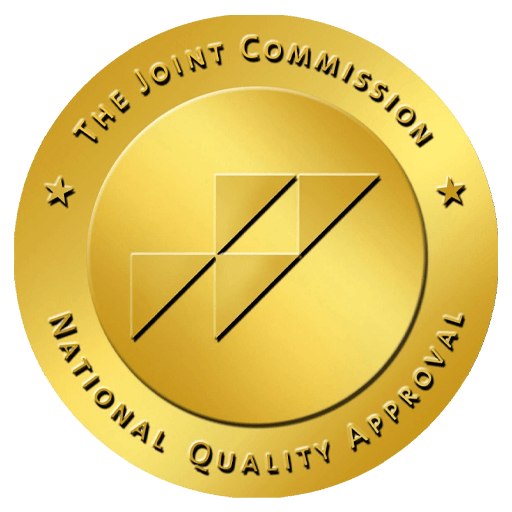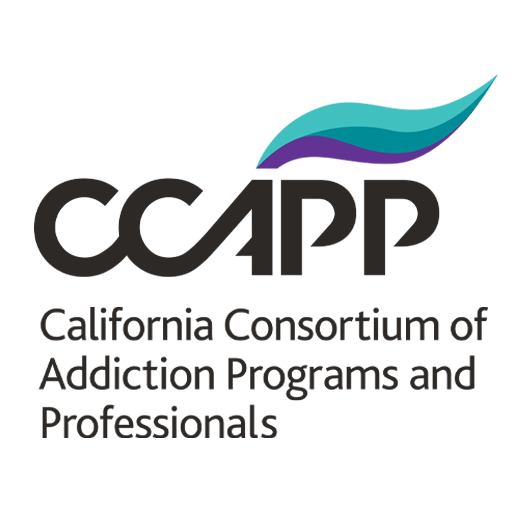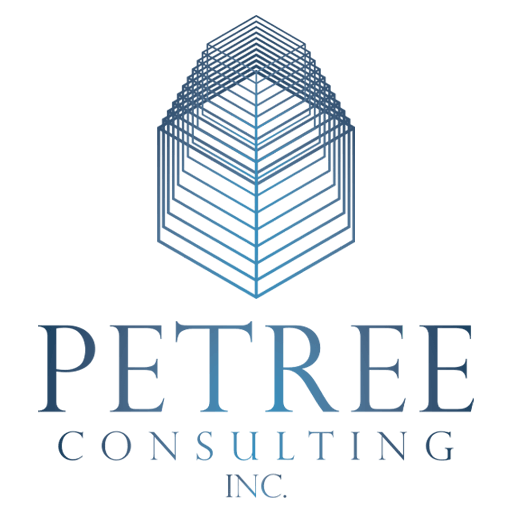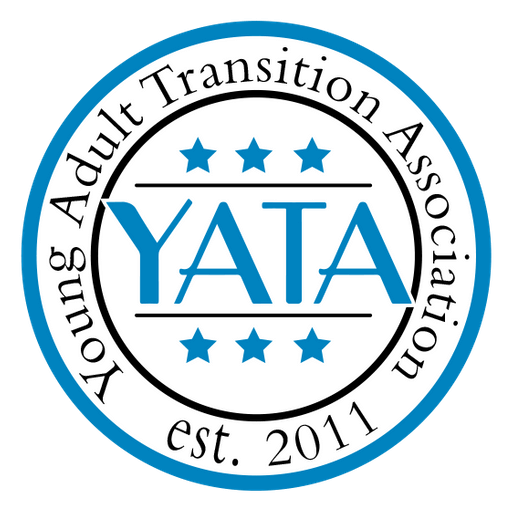Choosing the Right Rehab: Personal Experience and Professional Insight
Having spent over two decades in the addiction treatment field, I’ve observed firsthand the profound impact that selecting the right rehab can have on recovery outcomes. Nestled in the heart of California, the best drug and alcohol rehab Encino offers an array of facilities that cater to diverse needs. But what sets one apart from another?
It’s not just about the amenities or the serenity of the location. The cornerstone of an effective rehab lies in its ability to address both the physical and psychological aspects of addiction. From the expertise of the staff to the comprehensiveness of the programs, these elements play a pivotal role in achieving long-term sobriety.
During my career, I’ve noticed that personalized treatment plans coupled with evidence-based therapies make all the difference. It’s vital that the rehab center not only facilitates detoxification but also provides continuous support throughout recovery.
The Power of Personalized Care
Every individual battling addiction carries a unique story with complex layers that require a tailored approach. The best drug and alcohol rehab Encino understands this need for customization. Having worked closely with various individuals, I can attest to the transformative impact of a treatment plan that’s personalized.
Customized treatments often include a blend of therapy sessions, group activities, and holistic practices like yoga or meditation. These comprehensive strategies address the root of the problem and allow individuals to heal on multiple levels.
The journey to recovery is not a one-size-fits-all solution. It’s about tapping into the unique strengths of each individual, fostering an environment of acceptance, and paving a personalized path to healing. By doing so, rehab centers can empower individuals to regain control of their lives.
What to Expect in Rehab?
When considering the best drug and alcohol rehab Encino, understanding the process beforehand can alleviate apprehensions. Typically, a rehab program involves several key stages:
- Initial Assessment: An in-depth evaluation to tailor the treatment plan based on medical history and personal needs.
- Detoxification: Medical supervision is often necessary to safely manage withdrawal symptoms.
- Addiction Therapy: Engaging in counseling sessions, both individual and group, to address psychological aspects.
- Holistic Approaches: Incorporating activities such as mindfulness and art therapy to promote overall well-being.
- Aftercare Planning: Developing a long-term strategy to prevent relapse and support ongoing recovery.
Each phase is crucial and contributes to the overall recovery experience, reinforcing the individual’s commitment to sobriety.
The Science Behind Addiction Treatment
One might wonder about the science that underpins rehabilitation. Addiction is a complex interaction between environmental influences and biological predisposition. Effective treatment combines neuroscience insights with behavioral therapies, ensuring a robust recovery process.
At the best drug and alcohol rehab Encino, a multidisciplinary approach is employed. Cognitive Behavioral Therapy (CBT), for instance, helps patients recognize and modify negative thought patterns. Similarly, medication-assisted treatment aids in managing withdrawal symptoms and curbing cravings.
These scientific strategies, when applied consistently, lead to improved outcomes. Rehab can be a place of profound transformation, a journey guided by scientific principles and empathetic care.
I’ve seen miraculous recoveries where individuals, once shackled by addiction, have emerged with renewed purpose and resilience. The blend of science and compassion in rehab today is indeed a game-changer.
How Can Rehab Transform Lives?
Rehab, especially programs like the best drug and alcohol rehab Encino, offers more than just a break from substance use. It’s a chance to rebuild one’s life. The focus isn’t solely on abstinence–it’s about creating a sustainable, fulfilling lifestyle post-recovery.
Participants often report feeling empowered, having learned coping mechanisms and life skills that extend beyond sobriety. From financial management workshops to career counseling, these programs foster independence and equip individuals with tools for success.
- Enhanced Relationships: Building and mending family ties.
- Improved Health: Both physical and mental well-being.
- Personal Growth: Developing new interests and hobbies.
In my experience, watching someone emerge from rehab with a newfound zest for life is a reward unlike any other. It’s the ultimate testament to the power of recovery.
Addressing Common Concerns About Rehab
Many hesitate to enter rehab due to misconceptions or fears. Yet, the best drug and alcohol rehab Encino programs are designed to dispel these worries. Concerns about privacy, the perceived stigma, or the fear of withdrawal often overshadow the reality.
Reputable centers maintain strict confidentiality, ensuring a secure and supportive environment. As for the societal stigma, it’s gradually diminishing as more people recognize addiction as a medical condition rather than a moral failing.
Furthermore, the fear of withdrawal is mitigated through professional medical supervision. My advice to those contemplating rehab is simple: don’t let misconceptions hold you back. Embrace the opportunity for change.
As someone who’s witnessed countless transformations, I assure you the journey, while challenging, is often the most rewarding decision one can make.











